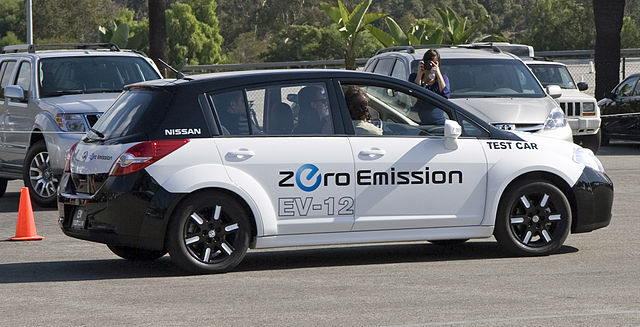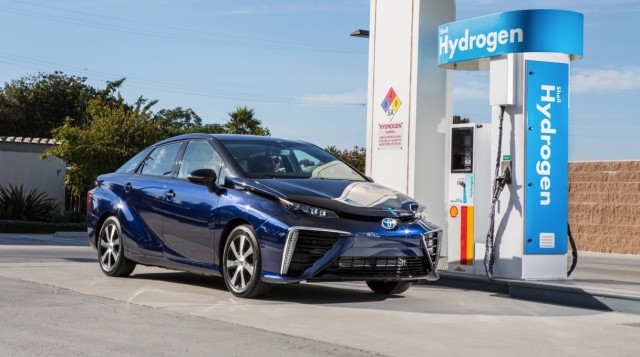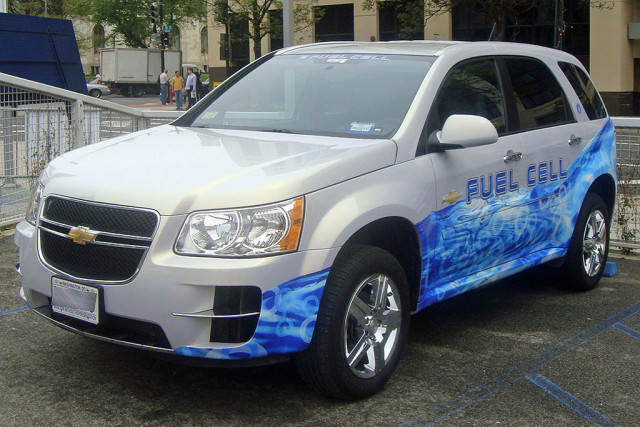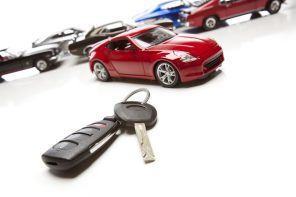With the growing awareness about green gases and its effect in the environment, many automakers are coming out with different types of cars that use green technology to reduce carbon emissions in the air. Although electric cars have already been in the market for years now, car makers are making prototypes of vehicles powered by fuel cells. Let us have an overview of electric and fuel cell vehicle.
The two cars run on electric motors run by electrochemical devices. However, these two vehicles differ in several ways. Electric cars are battery-powered while hydrogen fuel cell automobiles have its own stored fuel that produces the energy that powers the car.
What are electric cars?
Electric cars have really existed even in the 1800s but it was only years ago that car owners started to drive one, having been used to riding cars that run on gasoline. These cars do not have an engine because they do not need to burn fuel. In 2008, a number of automobiles were introduced like the ones from Tesla, the Tesla Motor Roadster and the Model S as well as the Nissan Leaf. Today, lithium-ion batteries are used instead of the lead-acid batteries used in the earlier years.
What are fuel cell cars?
Albeit electric cars and fuel cell cars are similar and both are electric, fuel cell vehicles have a fuel cell onboard which creates electricity. The idea behind these vehicle types is to make zero-emission possible. They use hydrogen that combines with oxygen to create power, removing the need to burn fossil fuels.
Electric and fuel cell cars are gaining popularity as alternatives to conventional vehicles running on gasoline. Electric vehicles offer smoother acceleration than internal-combustion cars since they have ability to produce instant torque as well as do not burn fossil fuels directly. However, they need to be recharged after several miles of distance which demands several times of charging for long distances.
Conversely, fuel cell vehicles do not necessarily have the problem when it comes to recharging every so often because it stores more hydrogen fuel. However, the catalyst used by a fuel cell car is still expensive and it is not capable of hydrogen refueling.
Car manufacturers who are planning to include fuel cell cars in their line of vehicles are presently developing new technology to address these issues on costs and design structure. That said, car enthusiasts should expect more types of these cars on the streets in the years to come.







